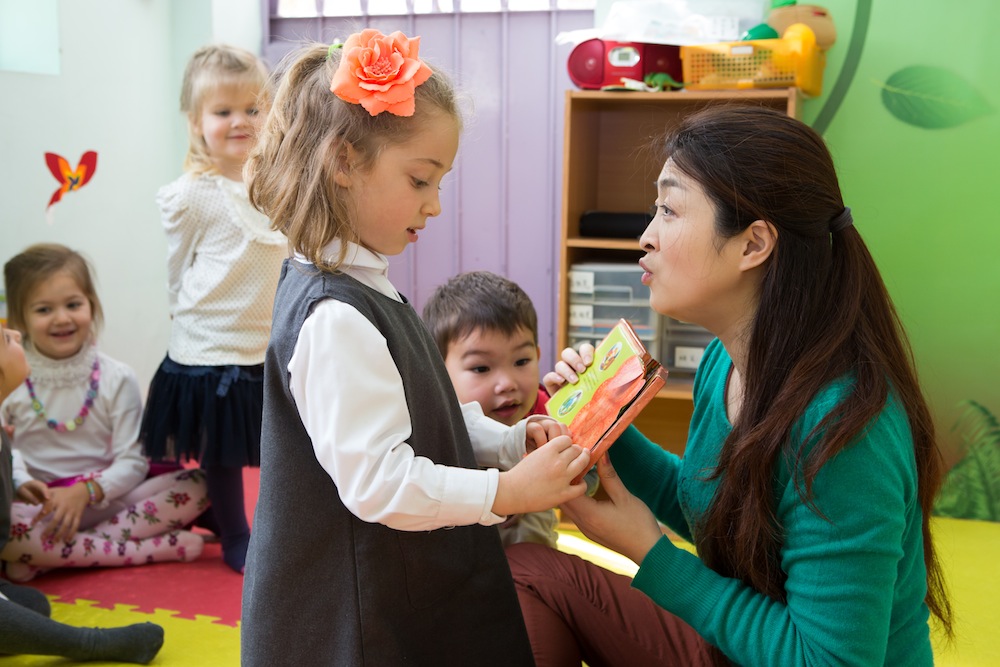As a parent of a bilingual child and a language teacher with many years of experience, PEILIN LEE, founder and managing director of Jumpstart Mandarin has some tips for helping children with their Mandarin learning at home.
To be or not to be…
With Mandarin being taught in most schools in Hong Kong, it’s not unusual to find parents who are grappling with the idea of having to help their kids with this new language at home. Here are five things you need to be when raising Mandarin-speaking children in a non-Mandarin speaking environment.
#1 Be prepared
This is a long and ongoing process, especially for the families that don’t have a Chinese background. If you’d like your child to be fluent in Mandarin, make your plans as early as possible (even from the newborn stage).
#2 Be consistent
If you’re a Mandarin-speaking parent, stick to the language when you speak to your child. Your child will register and identify you as the provider of Mandarin, and it will become the only language used when you interact with each other. My daughter speaks English with my husband at home, and with her teachers and classmates at school, but only Mandarin with me. Therefore, I have to be aware that when she talks to me, English doesn’t creep into our conversations, as it will eventually take over if we aren’t consistent.
#3 Be resourceful
If you’re not a Mandarin speaker, set up a daily routine for your child to practice Mandarin at home, and stick to your schedule. For example: listening to Mandarin audio programmes in the morning, flashcard practice after dinner, or singing Mandarin songs before bedtime. You may even learn some of the language yourself!
#4 Be supportive
Even if you and your spouse do not speak Mandarin, you can still maximise your child’s exposure to the language in their daily life. Other than the tuition your child is getting from the school or outside language centres, there are many things you could do at home to help out: for example, watch TV cartoons that can be switched to Mandarin; play Mandarin computer games or apps; enjoy playdates with Chinese friends; have a Chinese pen pal. Even going on a Mandarin camp in China could be a good choice for older children. Children need to feel they have all the support and assistance from home in planning their Mandarin learning.
#5 Be persistent
Try not to stop or take a break from your child’s Mandarin learning. Once you do it, you’ll likely have to start from the beginning again, and you may miss that “golden period”. (According to some research, a child’s ability to learn a new language or skill starts to decline from around the age of seven.)
To find out more about Jumpstart’s classes for children from 18 months to 11 years of age in Sai Kung and Hang Hau, visit Jumpstart







